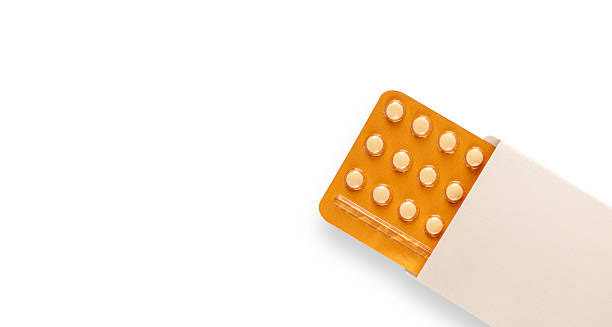Treatment of impetigo focuses on eradicating the bacterial infection, relieving symptoms, and preventing the spread of the condition to others.
Since impetigo spreads easily—especially among children—quick and effective care is key. This helps reduce discomfort and stops the infection from spreading. The best treatment depends on the type (non-bullous or bullous), how severe it is, and the person’s overall health. Fortunately, the outlook for impetigo remains excellent in most cases, especially when treated early.
Treating Mild Cases
For small, mild areas—mostly non-bullous impetigo—doctors often start with a cream antibiotic. These include mupirocin or fusidic acid. Patients apply them directly to the skin two to three times a day for up to 7 days. Before applying the cream, gently soak the crusts with warm water and a clean cloth. This helps the medicine reach the infection better. Most people see improvements within just a few days, as the cream stops the bacteria from spreading and starts clearing the skin.
When Oral Antibiotics Are Needed
If the infection covers a larger area, keeps coming back, or doesn’t get better with cream, oral antibiotics are usually needed. Bullous impetigo, which causes more widespread sores, often requires this stronger approach. Doctors may prescribe flucloxacillin, cephalexin, or erythromycin for 7 to 10 days. People who can’t take penicillin may get clarithromycin or clindamycin instead. These medicines treat the infection from the inside and help avoid problems—especially for people with weaker immune systems.
When doctors suspect MRSA (a resistant type of bacteria), they may send a sample for testing. If MRSA is found, treatment changes. Stronger antibiotics like doxycycline or trimethoprim-sulfamethoxazole may be needed. Catching MRSA early is important, as it can be harder to treat and may lead to deeper infections.
Supporting Treatment With Hygiene
Besides medicine, good hygiene plays a big role in the treatment of impetigo. People with the infection should avoid close contact with others until they’ve taken antibiotics for at least 24 hours, or until the sores dry up. Regular handwashing, keeping nails short, and avoiding scratching are simple but important habits. Don’t share towels, razors, clothes, or bedding. Wash these items in hot water to kill any bacteria.
In schools or day-care settings, infected children should stay home for at least 24 hours after starting antibiotics. Let teachers and caregivers know, so they can remind children to follow hygiene rules. During outbreaks, it’s important to clean surfaces like toys, desks, and doorknobs often. In areas where impetigo happens often, public health awareness can help reduce spread and improve the outlook for impetigo.
Preventing Repeat Infections
When impetigo keeps coming back, doctors often look for causes like eczema, insect bites, or scabies. These can weaken the skin and make infection more likely. In such cases, long-term prevention may include antiseptic washes like chlorhexidine. Doctors might also recommend nasal decolonisation with mupirocin ointment to remove bacteria hiding in the nostrils. If the infection spreads through the household again and again, everyone may need testing and treatment—especially for MRSA.
Home Care and What to Avoid
Home care can offer support, but it should never replace medical treatment. For example, warm compresses help soften crusts and ease mild discomfort. Over-the-counter antiseptics might help a little but are usually weaker than prescribed medicines. Be careful with unapproved creams or natural remedies. These can irritate the skin or slow healing.
It’s important to finish the full course of antibiotics—even if the skin looks better before the medicine runs out. Stopping early can lead to the infection coming back or getting stronger. Most people don’t need follow-up appointments. But if the skin doesn’t improve in a few days, gets worse, or if fever or swollen glands appear, they should go back to the doctor right away.
Outlook for Impetigo With Proper Treatment
In short, the treatment of impetigo combines the right antibiotics with good hygiene and prevention. Acting early shortens the illness, lowers the chance of problems, and stops it from spreading to others. Even though it’s often seen as a minor skin issue, proper care and public knowledge are essential—especially in places like schools or homes with young children.
With the right steps, the outlook for impetigo remains excellent. Most people recover fully and quickly. But staying alert and following the treatment plan helps keep everyone safe and healthy.


